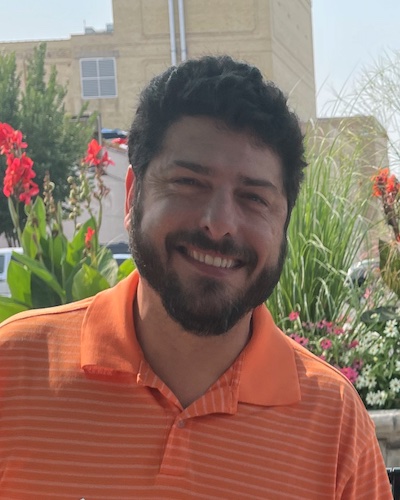EXPERT PROFILE
David Feldon
Instructional Technology and Learning Sciences Department
Professor

david.feldon@usu.edu
435-797-0556
Visit website
Field: Instructional Technology
Areas of Focus: Instructional Design, STEM
Expertise
- Graduate Education
- Cognitive Load Theory
- Instructional Design
- Development of Expertise
- Mixed Methods/Methodology
- Assessment
- Training Systems
- STEM Education
Bio
Dr. David Feldon is the Associate Dean for Graduate Studies and a Professor of Instructional Technology and Learning Sciences in the Emma Eccles Jones College of Education and Human Services at Utah State University. His scholarship identifies mechanisms of learning and postsecondary education that facilitate the equitable development of expertise—specifically in STEM disciplines. To understand fully the mechanisms that shape individual learning, his work also engages the sociological factors that drive both experiences and opportunities. Thus, his research attempts to build bridges from a deep understanding of cognition and motivation to broader cultural and structural influences that shape divergent pathways to expertise and various modes of professional success. Dr. Feldon is the principal investigator of multiple grants from the National Science Foundation and the Institute of Education Sciences that examine pathways through postsecondary education that lead to careers and skills related to STEM, including scientific research and computational thinking. He is also the director of assessment for a Howard Hughes Medical Institute Inclusive Excellence award to Utah State University and the external evaluator for the Virginia-North Carolina Alliance for Minority Participation and the Southern Regional Education Board’s Institute for Teaching and Mentoring, which supports the training of over 1,000 STEM Ph.D. students of color. Dr. Feldon was named the 2019 recipient of the American Educational Research Association’s Division D Award for Significant Contributions to Educational Measurement and Research and has published extensively in journals such as Science, the Proceedings of the National Academy of Sciences, the American Educational Research Journal, the Journal of Higher Education, and the Journal of the Learning Sciences.
